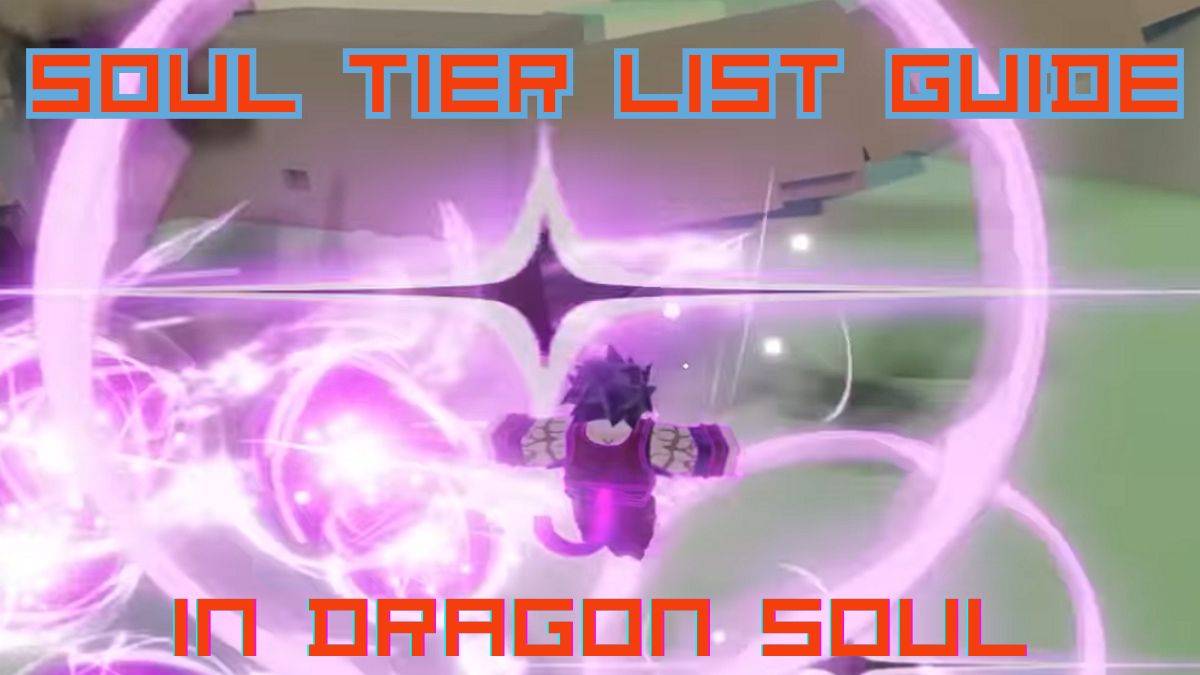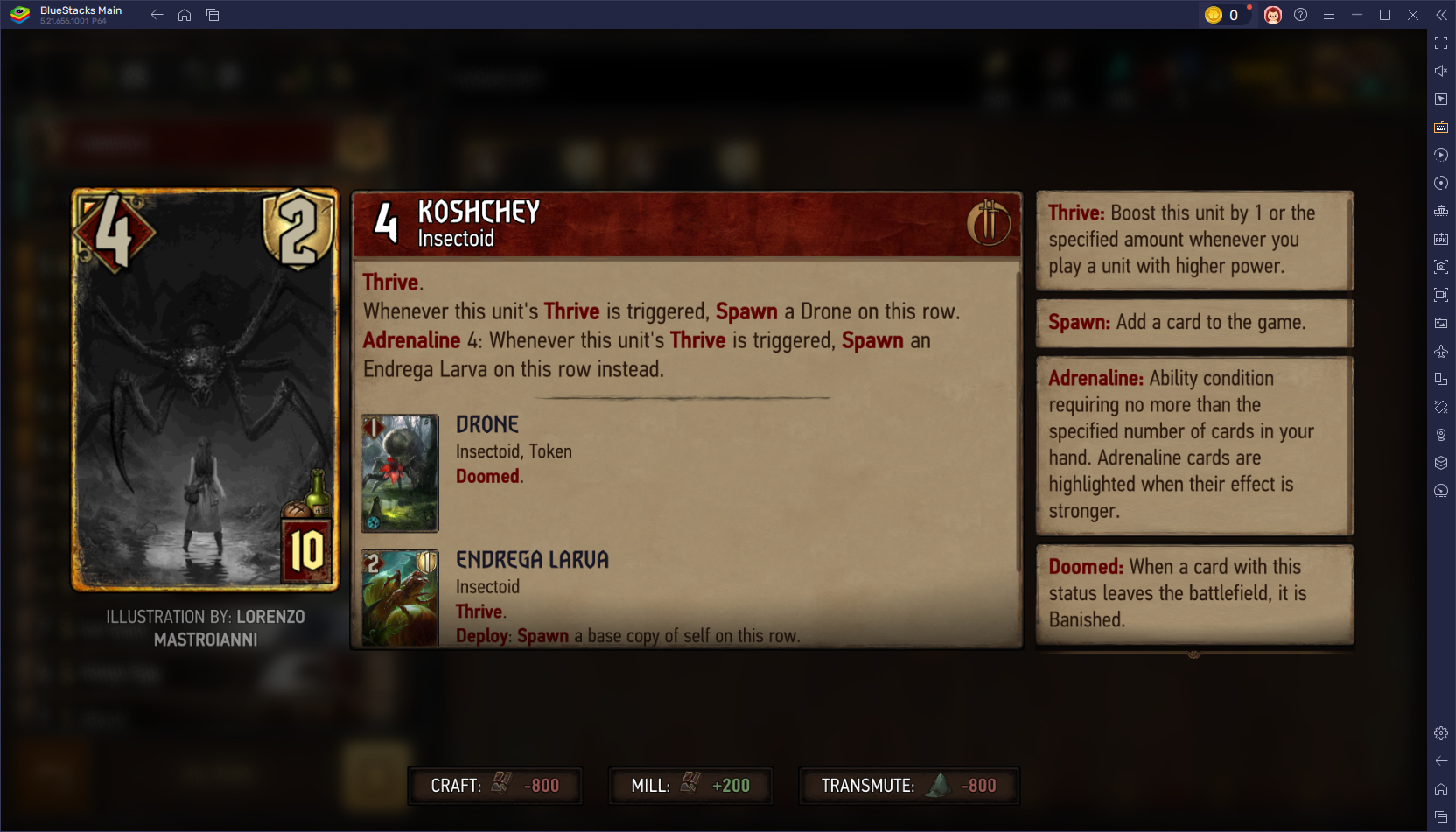Ultimate Terracotta Guide for Minecraft Players
- By Claire
- Apr 22,2025
In the vast world of Minecraft, terracotta stands out for its aesthetic appeal and diverse color palette. This article delves into the process of crafting terracotta, explores its properties, and showcases its applications in building and design.
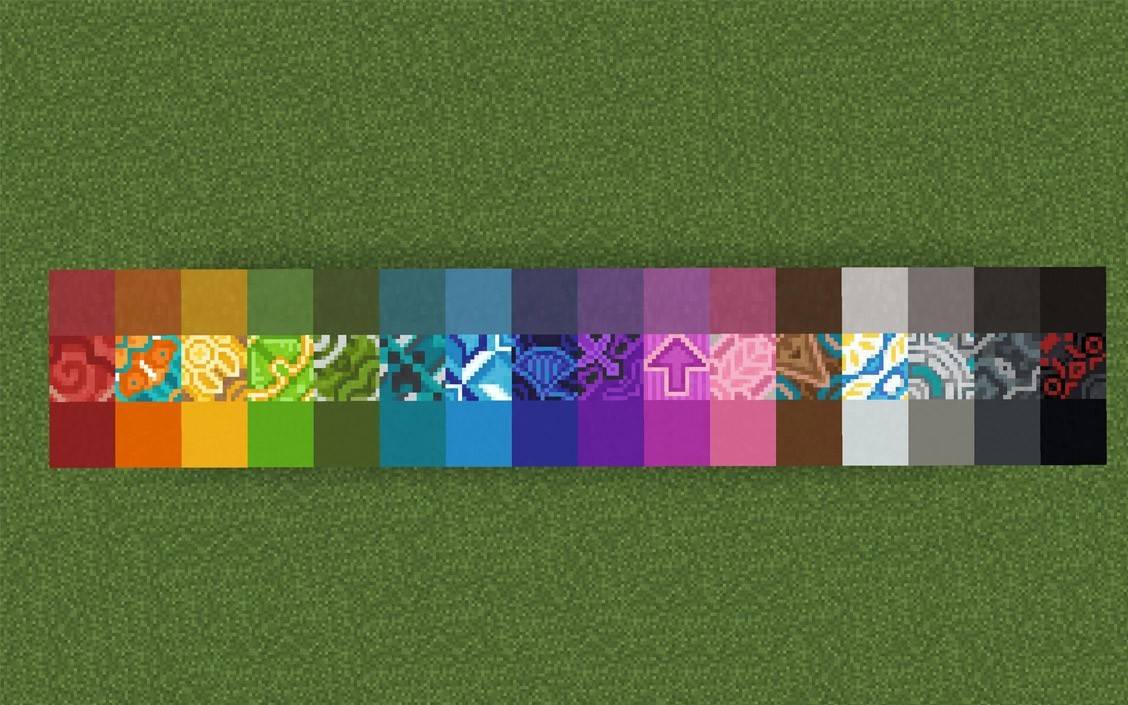 Image: planetminecraft.com
Image: planetminecraft.com
Table of Contents
- How to Get Terracotta in Minecraft
- The Ideal Place for Gathering Terracotta
- Types of Terracotta
- How to Use Terracotta in Crafting and Construction
- Availability of Terracotta in Different Versions of Minecraft
How to Get Terracotta in Minecraft
To start your terracotta journey, you'll first need to gather clay, which can be found in various bodies of water such as rivers and swamps. Once you've collected clay balls from broken clay blocks, smelt them in a furnace using fuel like coal or wood. This process transforms the clay into terracotta blocks.
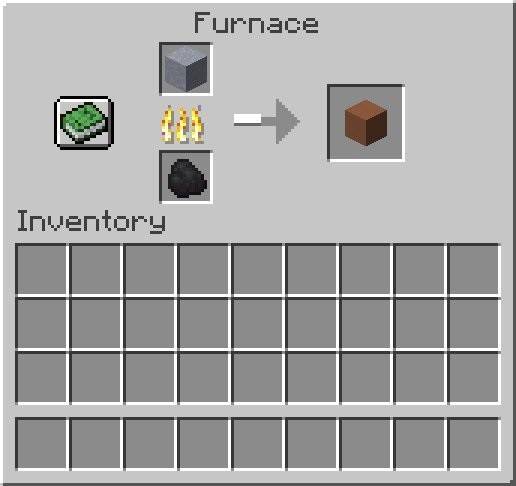 Image: ensigame.com
Image: ensigame.com
Terracotta can also be found in certain generated structures, particularly in the mesa biome where you'll encounter naturally colored variants. For those playing Minecraft Bedrock Edition, trading with villagers offers another avenue to acquire this versatile block.
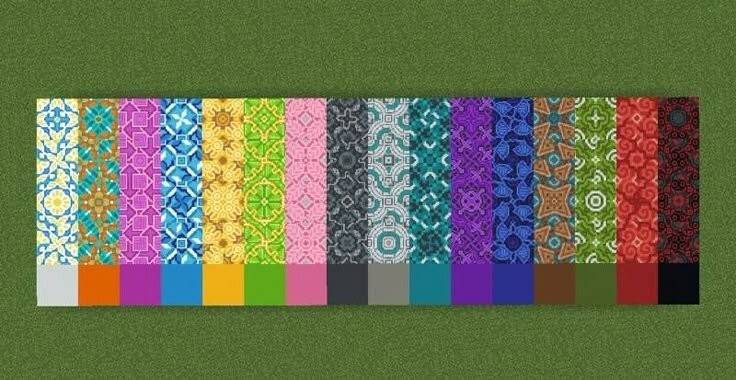 Image: pinterest.com
Image: pinterest.com
The Ideal Place for Gathering Terracotta
The Badlands biome is your go-to destination for terracotta. This rare and vibrant biome is rich in multicolored layers of terracotta, including shades of orange, green, purple, white, and pink. Here, you can harvest terracotta directly from the landscape without any additional processing.
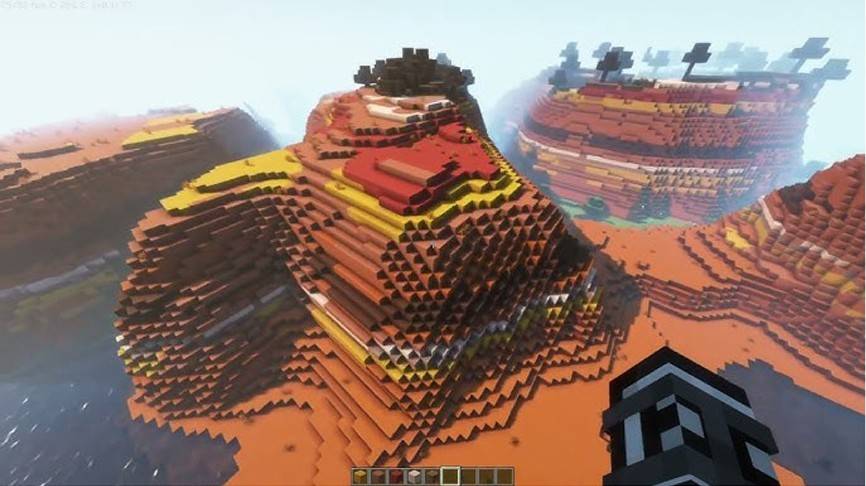 Image: youtube.com
Image: youtube.com
The Badlands also offers other resources like sandstone, sand, gold near the surface, and dead bushes for sticks. Its unique terrain makes it an ideal spot for building colorful bases and gathering materials.
Types of Terracotta
Terracotta comes in a standard brownish-orange hue, but it can be dyed into sixteen different colors using dyes on a crafting table. For instance, combining purple dye with terracotta yields a vibrant purple variant.
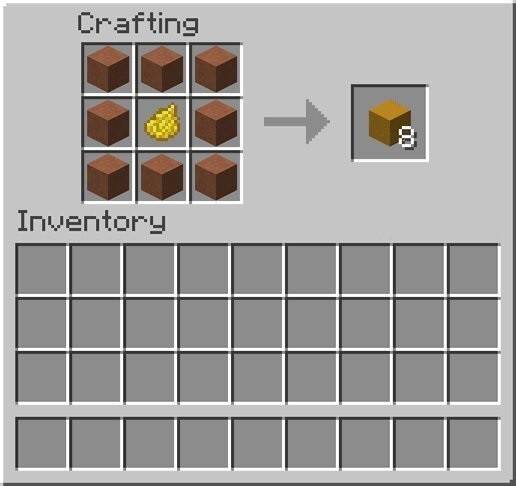 Image: ensigame.com
Image: ensigame.com
Glazed terracotta, created by re-firing dyed terracotta in a furnace, features unique patterns. These patterns can be strategically placed to create decorative motifs, making glazed terracotta perfect for both aesthetic and functional building elements, such as highlighting areas on floors or walls.
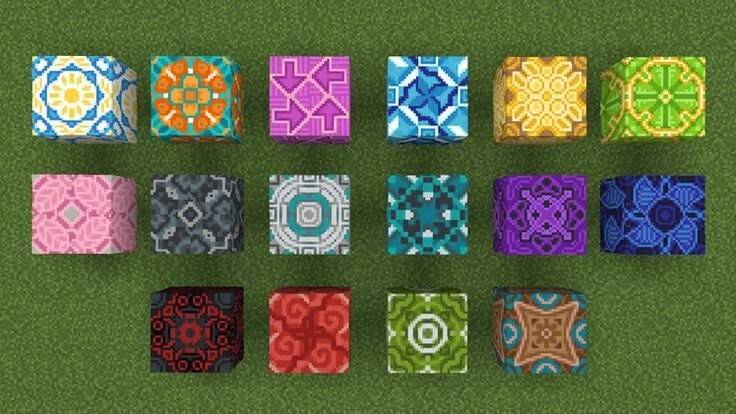 Image: pinterest.com
Image: pinterest.com
How to Use Terracotta in Crafting and Construction
Terracotta's durability and variety make it a versatile material for construction. It's stronger than regular clay and suitable for both interior and exterior use. Its wide range of colors allows for intricate patterns and ornaments, perfect for wall, floor, and roof cladding.
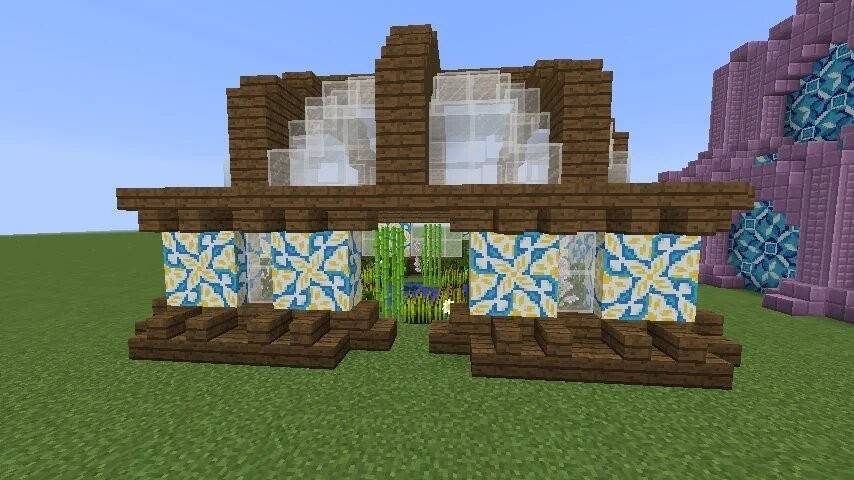 Image: reddit.com
Image: reddit.com
In the Bedrock Edition, terracotta is used to craft mosaic panels. Additionally, in Minecraft 1.20, it serves as a material for creating armor patterns with the Armor Trim Smithing Template, enabling players to customize their armor's appearance.
Availability of Terracotta in Different Versions of Minecraft
Terracotta is accessible in both Java and Bedrock Editions of Minecraft, with similar mechanics for obtaining it, though textures might vary slightly. In certain versions, master-level mason villagers offer terracotta in exchange for emeralds, providing a convenient alternative if the mesa biome is out of reach or if you prefer to bypass the smelting process.
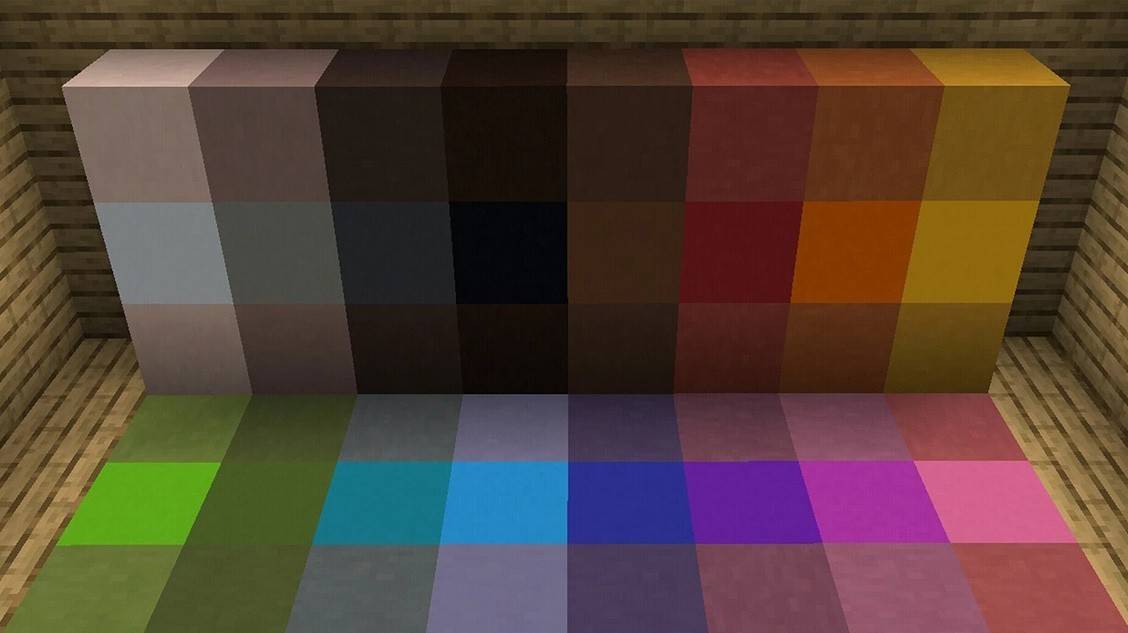 Image: planetminecraft.com
Image: planetminecraft.com
Terracotta is a durable and visually appealing block that's easy to obtain and customize. Whether used in its solid form or as glazed terracotta with patterns, it's an excellent choice for enhancing any Minecraft build. Feel free to experiment and let your creativity shine with this versatile material!
Latest News
more >-
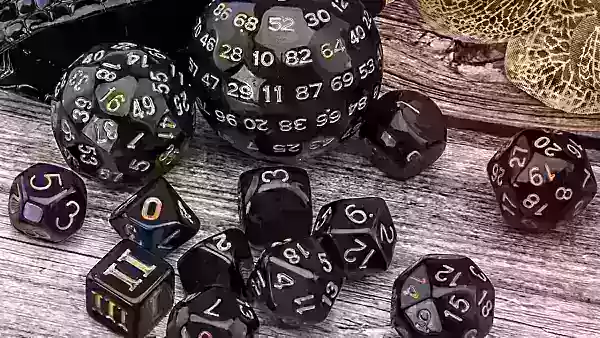
- 2025 D&D Starter Guide
- Dec 26,2025
-
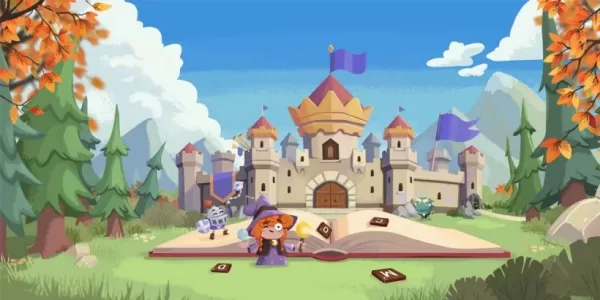
-
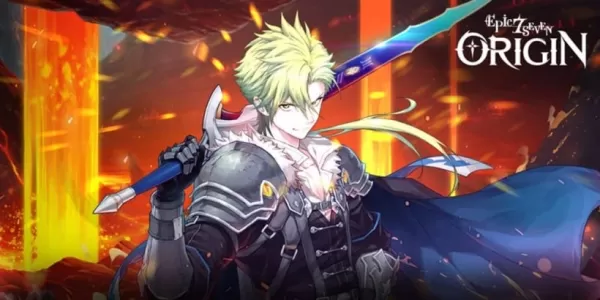
-

- GTA 6 Delayed Until May 2026
- Dec 25,2025
-

- John Wick Anime Prequel Casts Keanu Reeves
- Dec 24,2025

